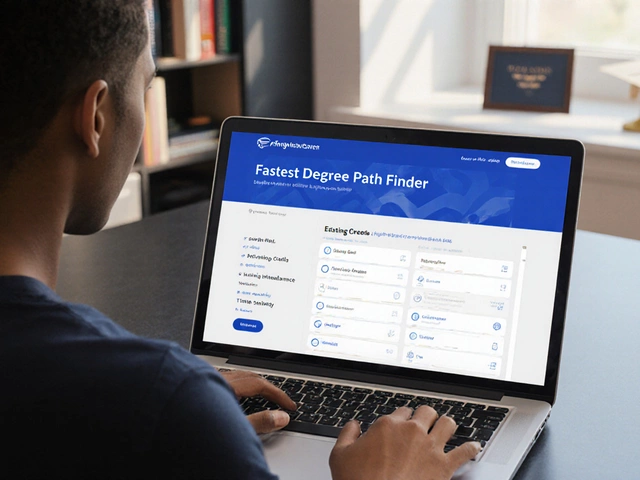Mental Health Resources for Students, Teachers & Parents
Feeling swamped by school pressures, work deadlines, or home worries? You’re not alone. Good mental health is the foundation for learning, teaching and everyday life, and a little guidance can make a big difference. On this page you’ll discover practical articles that cut through the jargon and give you concrete steps to feel better, stay focused and support the people around you.
Why mental health matters in education
When a student’s mind is calm, they absorb information faster and remember more. Teachers who manage stress are clearer, more patient and better at spotting when a pupil needs help. Parents who understand common mental‑health signs can create a home that feels safe and supportive. Ignoring these signals often leads to burnout, low grades, or missed opportunities. That’s why we’ve gathered easy‑to‑read pieces that explain the why and the how.
Explore our most helpful guides
Understanding unique behaviours – The article on autism mannerisms shows how everyday actions can be a form of coping. Knowing the reasons behind stimming helps you respond with empathy instead of frustration.
Study stress relief – Our “Foods and Drinks to Avoid Before Exams” guide highlights simple diet tweaks that keep brain fog away on test day, while “Best Trick to Memorize Fast” offers a memory hack that reduces anxiety about forgetting material.
Supporting special‑needs learners – The piece on special‑needs behavior gives real‑world examples of why a child might act out and what teachers can do in the moment to lower tension for everyone.
Adult learning challenges – “How Adults Learn” breaks down the differences between adult and child learning styles, giving you tools to stay motivated and avoid the overwhelm that often comes with juggling work, family and study.
Each article is written in plain language, packed with step‑by‑step advice and relatable scenarios. No academic fluff, just what you can try today.
Start with the guide that matches your current worry. If you’re a student stressed about an upcoming exam, check the nutrition and memory tricks first. If you’re a teacher noticing a pupil’s repetitive movements, read the autism mannerisms piece. And if you’re a parent trying to understand why your child seems “different,” the special‑needs behavior article is a solid start.
Remember, mental health isn’t a one‑time fix – it’s a daily habit. Use these resources as a toolbox: pick one tip, apply it, see how it feels, then add another. Over time you’ll build a stronger, more resilient mindset for you and the people you care about.
Got a topic you wish we covered? Drop us a note – we’re always adding new mental‑health content to help you thrive in school, work and life.







